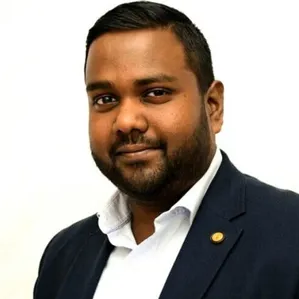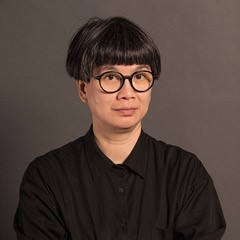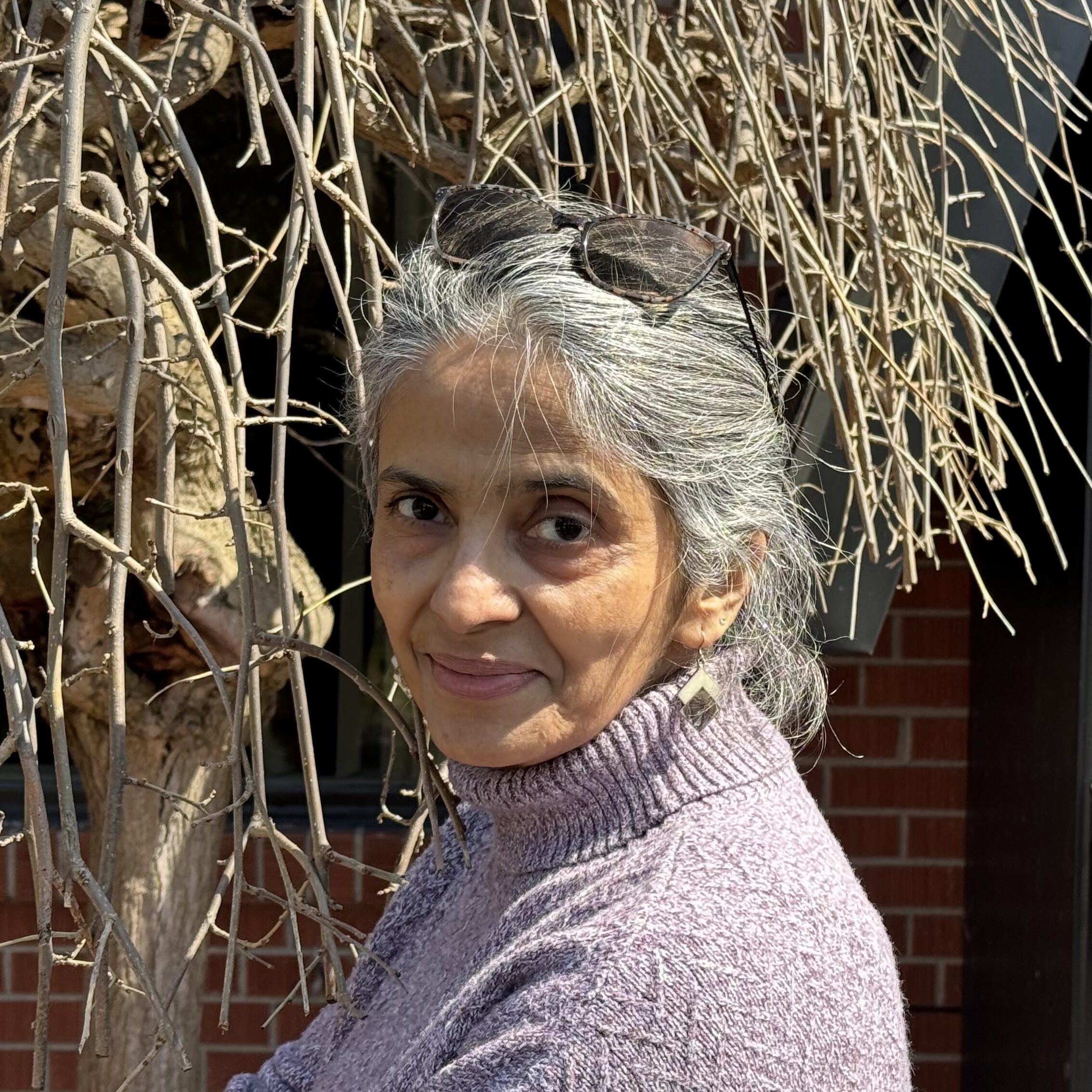- EDI Committee
- Facilities and Infrastructure Development Committee
- Innovation and Commercialization Committee
- Knowledge Mobilization Committee
- Partnerships Committee
- Performance Monitoring Committee
- Research Committee
- Training Committee
The Connected Minds Equity, Diversity, and Inclusion (EDI) Committee is integral to our program, with EDI principles embedded in our design and core research goals, including Gender-Based Analysis Plus (GBA+) and diverse leadership. Our committee collaborates to tackle systemic barriers within the program and the broader York and Queen’s communities. The committee will lead the development and implementation of the EDI Action Plan, guided by experts, evidence, and best practices in equity work. The EDI Committee aims to create and oversee a just and inclusive program that challenges, addresses, and provides guidance on navigating systemic barriers of oppression, both present and future, within the technosocial research environment, training, governance, and administration.
The Facilities and Infrastructure Committee at Connected Minds maintains and coordinates major research infrastructure to support our cutting-edge projects. This committee ensures that all necessary resources and facilities are available and efficiently managed, enabling seamless research activities and fostering innovation within our community. The committee also provides general oversight, including monitoring and reporting activities, and recommending priority area projects to the leadership committee. Additionally, they liaise with other CM Committees to ensure these resources are available for Connected Minds Researchers and Trainees.
The Innovation and Commercialization Committee at Connected Minds guides ethical and responsible commercialization activities, drawing on expertise from government, non-profit, and private sector professionals. The ICC fosters education and industry engagement for members and trainees, adjudicates applications for Prototyping Fund awards, and advises on moving technology closer to market. By facilitating start-ups and spin-off companies and working closely with researchers, the ICC mobilizes knowledge and communicates the impact of their work.
The Knowledge Mobilization (KM) Committee at Connected Minds is responsible for implementing the Connected Minds KM Plan, aiming to create a highly collaborative environment where researchers and stakeholders work closely together to benefit both society and the economy. This committee has the overarching duty of raising the international profile of the Connected Minds Program and disseminating its research outcomes and scholarly activities. The KM Committee aims to maximize the real-world impact of the program through knowledge synthesis, dissemination, transfer, exchange, and co-creation by researchers and knowledge users, with a particular emphasis on involving Indigenous knowledge and ways of knowing in their work.
The Partnerships Committeeat Connected Minds develops and facilitates multi-sector partnerships, providing strategic direction on partner engagement and performance oversight at local, national, and international levels. The committee also communicates program and partner-based workshops and events, oversees Travel Awards for scholars and trainees, and monitors visiting scholar/trainee metrics with a focus on EDI. Additionally, it supports governance and integrative activities for partners and visiting scholars/trainees, offering guidance on necessary course corrections.
The Performance Monitoring Committee at Connected Minds tracks the program's progress according to the performance monitoring plan. It provides essential feedback, support, and remediation to address targets, risks, milestones, and deliverables, ensuring the program stays on track and meets its objectives.
If you would like to join our Performance Monitoring Committee, please reach out to our vice-lead, Caitlin Mullin.
The Research Committee at Connected Minds coordinates the program's activities and contributions towards transdisciplinary research and commercialization goals. It ensures that the program's research efforts are aligned with its mission and facilitates the integration of diverse disciplines to drive innovation and commercial success.
The Training Committee at Connected Minds oversees the multi-institutional training program and adjudicates scholarships and fellowships with the Faculties of Graduate Studies at York and Queen’s. It ensures recruitment quality and EDI targets are met, and monitors trainee exchange opportunities. The committee also builds community among students and Postdoctoral Fellows, fosters professional skills development through workshops, and links to industry and community. Additionally, the Training Committee collaborates with partner organizations to create and support scaffolding schemes that aid the transition of equity-deserving students through key stages of training, addressing educational barriers and promoting equity in STEM fields.




































































